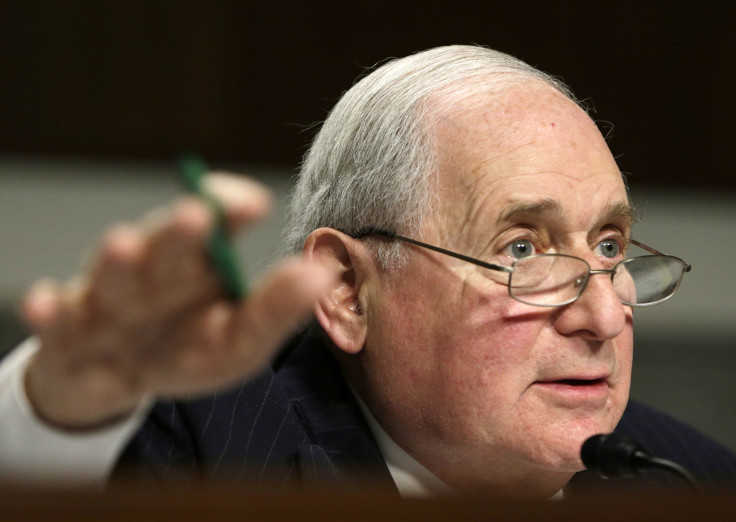US Attacked Iraq Based On False Report Of Saddam Hussein's Ties To Al Qaeda: Sen. Carl Levin

The George W. Bush administration misled the American public by relying on an unconfirmed report claiming links between Iraqi dictator Saddam Hussein and al Qaeda to justify the U.S. invasion of Iraq in 2003, according to Sen. Carl Levin, D-Mich., and chairman of the Senate Armed Services Committee.
Speaking on the Senate floor, Levin brought up a 2003 CIA cable that warned the former president and his officials not to make references to allegations that Mohammad Atta -- the Egyptian hijacker who led the Sept. 11, 2001 attacks -- had met with an Iraqi intelligence officer named Ahmad al-Ani in Prague before 9/11, which killed 2,996 people and cost the U.S. at least $10 billion in property and infrastructure damage. Levin accused the Bush administration of using the report of the unconfirmed meeting to justify the U.S. invasion of Iraq.
“There was a concerted campaign on the part of the Bush administration to connect Iraq in the public mind with the horror of the Sept. 11 attacks. That campaign succeeded. According to public polls in the week before the Iraq war, half or more of Americans believed Saddam was directly involved in the attacks,” Levin said, in a statement released Thursday.
“Americans who believed in a link between Iraq and 9/11 overwhelmingly supported the idea of invading Iraq. Of course, connections between Saddam and 9/11 or al Qaeda were fiction.”
Levin also released a declassified section of the cable that undercut claims by the Bush administration that Atta and the Iraqi agent had met in the Czech capital in April 2001.
“[T]here is not one USG [counterterrorism] or FBI expert that … has said they have evidence or ‘know’ that [Atta] was indeed [in Prague]. In fact, the analysis has been quite the opposite,” according to the March 2003 CIA cable, which Levin urged CIA Director John Brennan to declassify.
Levin said that a recent book published by Jiri Ruzek, head of Czech counterintelligence in 2001, described the story about Atta's meeting with al-Ani as a rumor, and said that the U.S. pressured officials in Prague to confirm it.
“It was becoming more and more clear that we had not met expectations and did not provide the 'right' intelligence output,” Ruzek wrote, according to the statement. “Without any regard to us, they used our intelligence information for propaganda press leaks. They wanted to mine certainty from unconfirmed suspicion and use it as an excuse for military action.”
The Bush administration had earlier linked Iraq with al Qaeda and international terrorism, and had also incorrectly claimed that Iraq possessed weapons of mass destruction.
“The American people should know the full story – not just so we can understand the decisions in 2002 and 2003 that took us to war, but as a warning to future leaders against the misuse of intelligence and the abuse of power,” Levin said.
© Copyright IBTimes 2025. All rights reserved.





















